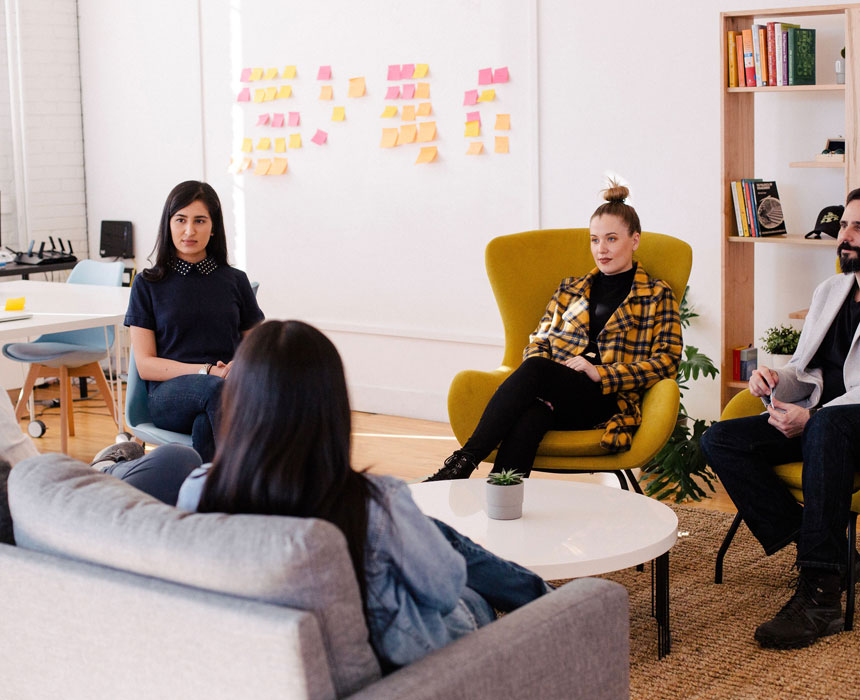Welcome to UseTheGeeks Soluttions
Welcome to UseTheGeeks Soluttions
Using the web on a 50 MB data budget for an entire day might sound almost impossible in today’s world, where even a single app update or a short video can exceed that limit. But attempting this challenge sheds light on how heavily modern digital life relies on high-speed, high-volume internet — and how inaccessible that can be for millions around the world.
Starting the day, I disabled automatic app updates and background data on my phone and laptop. I turned off images in the browser and installed a data-saving extension. My goal was to only use essential services: email, light browsing, and messaging. Even so, I had to be strategic. I checked emails through basic HTML mode on Gmail — a stripped-down version that consumes a fraction of the usual data. Each refresh cost around 250 KB, which meant I could only afford to check my inbox a few times. Messaging was possible through WhatsApp Web, but I avoided sending or receiving voice notes or images.



I chose text-only conversations, which were surprisingly effective. Google search, something we all take for granted, became a calculated risk. I limited myself to one or two searches per hour, clicking only on text-heavy pages. Wikipedia proved to be a lifesaver — fast-loading, content-rich, and minimal in design. Social media, on the other hand, was off-limits. One minute on Instagram or YouTube would have blown my entire budget. Even visiting news sites like CNN or BBC had to be done carefully, as most are filled with auto-play videos and heavy ads.
Instead, I used a lightweight news aggregator with text summaries to stay updated. Streaming anything — even music — was out of the question. I turned to offline content I had previously saved, like PDFs and downloaded podcasts.
Video calls were obviously not possible, so I reverted to good old-fashioned phone calls. By mid-afternoon, I had used around 35 MB. I hadn’t opened any new apps, watched videos, or downloaded files. Still, I was constantly monitoring my data usage, something I’ve never had to do before.
It felt limiting and exhausting, but also enlightening. It made me realize how bloated many websites and apps have become, often prioritizing design and media over accessibility and efficiency. By the end of the day, I had just a few MB left. I used them sparingly — one last email reply and a weather check.s a pain that produces no resultant.
The experience taught me how much we take internet abundance for granted, especially in developed regions. For millions in rural or underprivileged areas, 50 MB might be a luxury. Digital minimalism became more than a buzzword; it became a necessity. While it’s unrealistic to expect everyone to live on 50 MB a day, this challenge showed that a more mindful approach to internet use is not only possible — it’s essential for bridging the digital divide. If developers and content creators optimized their platforms for low-data environments, the internet could become more inclusive for all.
Lorem Ipsum has been the industry’s standard dummy text ever since the 1500s, when an unknown printer took a galley of type and scrambled it to make a type specimen book